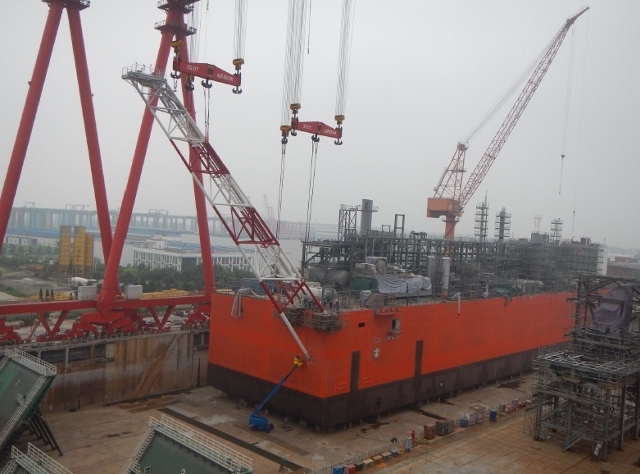David Riaño assumed the role of president of Colombia’s main gas transporter TGI around a week ago, and has now announced an investment plan of US$200M to invest in three strategic projects that will expand the company’s capacity.
Ecopetrol (NYSE:EC) management looked to highlight the positive aspects of the third quarter 2014 on its earnings conference call, pointing out that although profits dropped, production increased and attacks on infrastructure has dropped. While the firm will keep its projections for 2014 and 2015 for now, company president Javier Gutiérrez said a review of its strategy will be made towards the end of the year.
Ecopetrol has released its earnings report for the third quarter 2014, which showed a drop in profits for the quarter both sequentially (17.3%) and year-over-year (40.3%). The drop comes due mainly due to the drop in oil prices. The news left the Finance Minister (MinHacienda) Mauricio Cárdenas calling for the NOC to ramp up its production.
Colombia’s main gas transporter TGI has moved Riaño Alarcón into the role of president, drawing on his experience with the firm as regulation manager as the firm looks to adapt to a new regulatory framework for gas.
Perenco says that illegal blockades at its La Gloria Station in Aguazul Casanare have forced it to close its operations in the area.
A kind of class action lawsuit, or “Popular Action” has been verified Casanare Administration Tribunal after a public hearing late last week, in which Ecopetrol (NYSE:EC) has been required to install a valve for its natural gas line to the Agauazul municipality.

Pacific Rubiales (TSX:PRE) and Belgian sea shipping logistics firm have signed an agreement to move forward with a natural gas liquefaction barge that could develop new markets for PRE and Colombia’s gas business.

Interoil (OL:IOX) says that the National Hydrocarbons Agency (ANH) wants to terminate two of its production licenses for the LLA-47 and COR-6 blocks over unpaid bank guarantees and breach of contract. The company says that in COR-6 social and environmental conditions make work impossible.
A number of villages in Yopal have rejected Parex Resources (TSX:PXT) Crytpo-1 project on grounds it would affect the water supply, while the company says the community will not hear their side of the story and assures the water would be safe.
Problems surrounding an ethanol plant that is to be built by Ecopetrol’s (NYSE:EC) biofuels unit Bioenergy have made their way to the Colombian Senate, and Senate Martiza Martínez wants ECP president Javier Gutiérrez and Bioenergy manager Aleck Santamaría de la Cruz to explain the status of the plant.